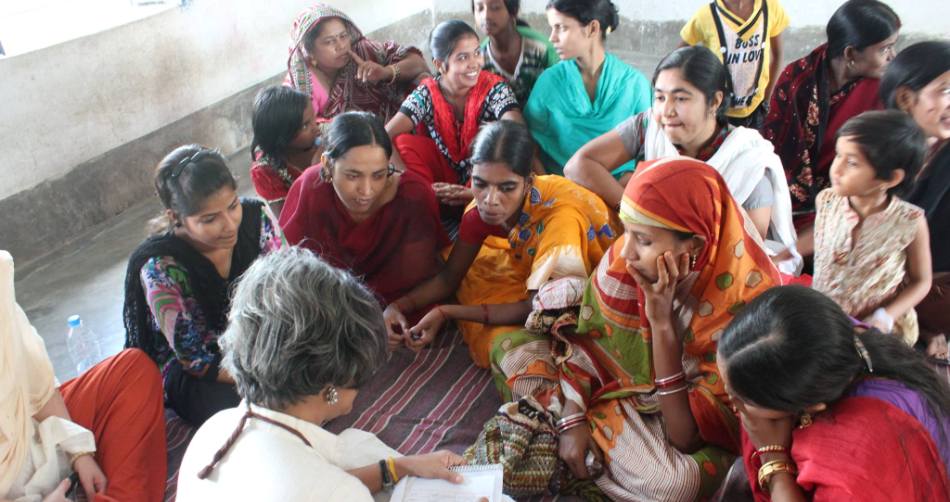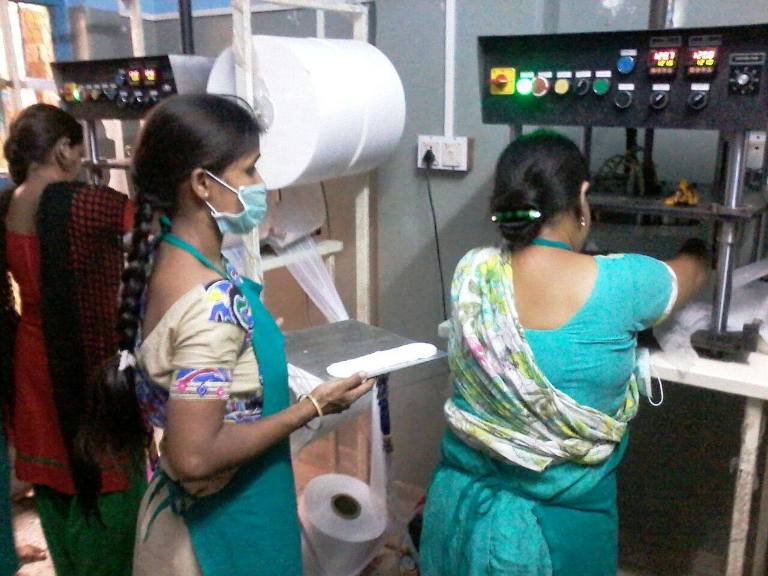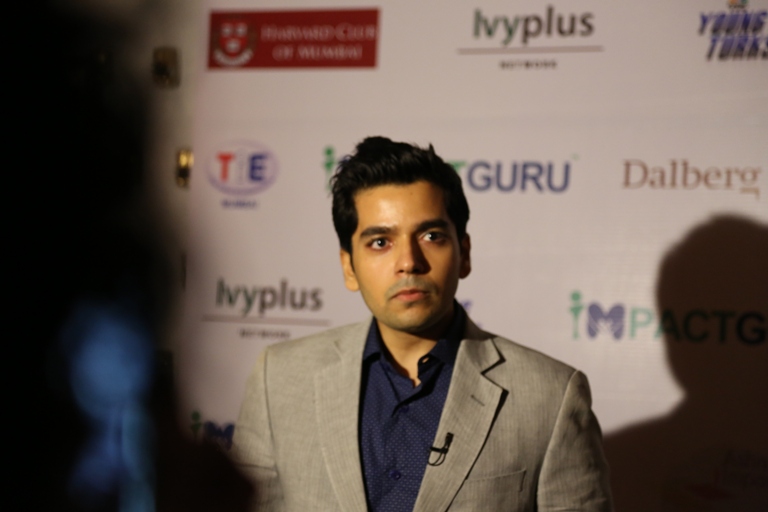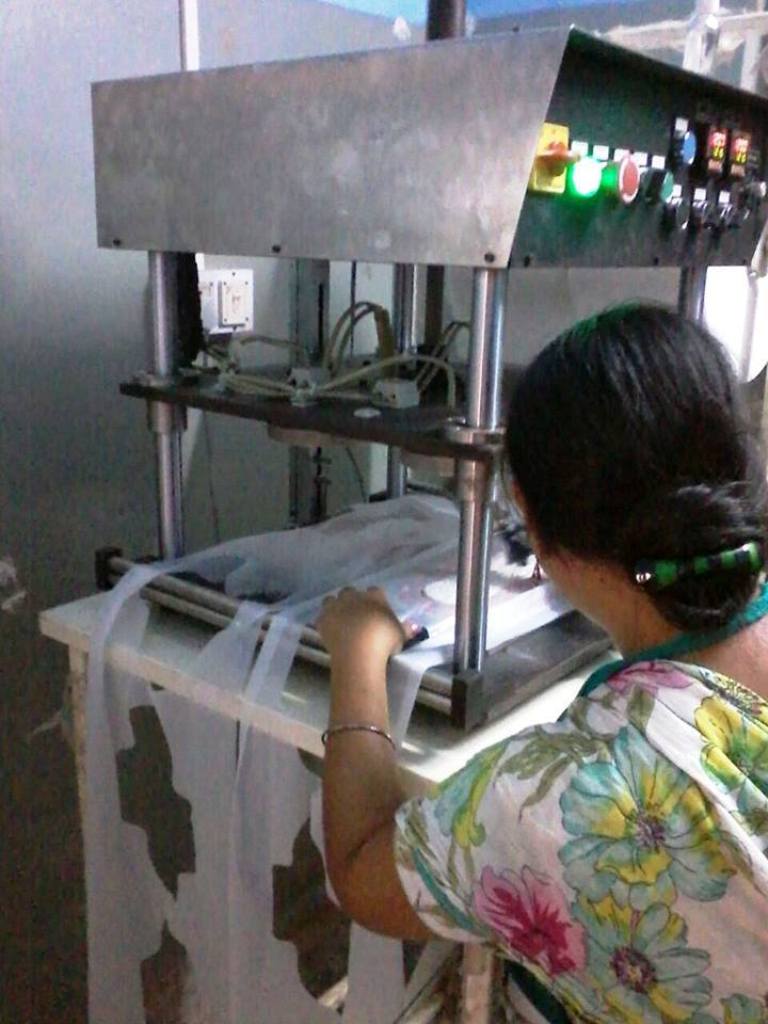
The Mukti women with New Light founder Urmi Basu.
Life can be dark and suffocating in the narrow lanes of Kalighat, a historic old quarter of Kolkata famous for its temple to Hindu goddess Kali. The crowded precincts house a red light district where hundreds of vulnerable, impoverished women from India and neighboring countries have been swallowed up by the flesh trade for centuries.
They have been abused, exploited, and looked down upon by the very society that uses them. Violence, discrimination, and disease have been a daily part of their lives. Some are newly trafficked and some belong to inter-generational prostitution families.
“There are over 1,500 such women who reside in the area, and over 500 who float in and out,” says Urmi Basu of New Light, an NGO that has been working with women and children in Kalighat for 15 years. Its office is located close to the temple.
Over the years, NGOs like hers have stepped into these lives, shining a light where they can – be it health, rights, rehabilitation, or education of their children. But the 21st century has brought in intervention of a new kind: technology.
The Mukti Sanitary Pad Project is one such initiative.

Women making sanitary pads at Mukti’s production unit.
Started in March by New Light and supported by Aakar Innovations and the American not-for-profit Village Volunteers, it is helping women from the area turn into social entrepreneurs – by teaching them how to make and distribute sanitary napkins.
The Mukti project is also busy raising money on crowdfunding platform Impact Guru. It has a campaign target of US$7,182 – and with over 71 percent of that met within three weeks, it’s getting there fast.
Tech for good
Impact Guru, which calls itself a tech for good venture, is a crowdfunding platform for NGOs and social enterprises. This will be the first time it has picked a project for women in a red light area.
“We strongly believe in supporting the cause of women’s empowerment and thought this was a wonderful cause for crowdfunding,” its co-founder Piyush Jain tells Tech in Asia.

Impact Guru co-founder Piyush Jain
So how did his startup come into the picture?
Piyush explains that Impact Guru is the official crowdfunding partner for Project Inspire, an award winning CSR initiative co-founded by the Singapore Committee for UN Women and Mastercard. And Village Volunteers – a fiscal agent for Mukti – was one of the semi-finalists of Project Inspire.
But that’s not the only way technology is at play here.
Menstrual hygiene
The Mukti project, say those involved with it, would not have been possible without the support of Aakar Innovations, a solutions provider in the menstrual hygiene space.
The Mumbai-based company has provided the equipment for the production unit in Kalighat and also trains the women on how to use them. Mukti raised donations to purchase the equipment.
“It’s a set of machines that can produce around 1,000 sanitary pads a day right now,” Jaydeep Mandal, founder of Aakar, tells Tech in Asia while navigating his way to Mukti’s production unit in Kalighat.

Jaydeep Mandal of Aakar Innovations.
Aakar is known for its Anandi brand of sanitary napkins, which is 100 percent compostable. The company has been experimenting with raw materials like jute, banana fiber, and water hyacinth to make napkins.
The technology they have brought for Mukti has been a revelation, acknowledges Urmi.
Liberation
Mukti is the Sanskrit word for liberation.
Women in the sex trade would choose a different life if they had the chance to do so. And Mukti brings them this opportunity.
“You should see the reaction on their faces. The intricate technical knowhow that the making of one sanitary pad requires was a revelation to me too, and these enthusiastic women are being imparted that knowledge,” Urmi tells Tech in Asia, pointing out that some of them have very little education.

At Mukti’s production unit.
Mukti will give the pads to the women entrepreneurs as micro-credit. They will sell them in villages in and around Kolkata. And they will also provide them for free to impoverished school girls so the latter don’t have to drop out due to menstruation – a problem faced by many young girls in India.
In a country where not all women have access to sanitary pads, Mukti brings physical freedom to schoolgirls that cannot be felt if they use cloth or other substitutes.
There are, however, huge challenges as Mukti works with sex workers – a term that has stigma attached to it.
“Our lease at the current place is running out, but finding the right space is not easy. Who wants to rent out to women from a red light district? Also, we don’t want a place that turns into a sweatshop for them,” says Urmi.
There are other challenges as well. “Getting the women used to a regulated system of work is not easy. We also do not want to compromise on the training or the product, so on the whole it takes a lot of effort.”
But that’s where the crowdfunding money is expected to help. It will be used to buy more equipment and raise a bicycle sales team. “The Mukti bicycles will help the women reach more areas, and will also be a branding exercise for us,” says Urmi.
Hopefully, technology and all the right intentions will help Mukti get there.
This post What women from a red light district are doing on a crowdfunding site appeared first on Tech in Asia.
from Tech in Asia https://www.techinasia.com/impact-guru-and-aakar-help-sex-workers-through-mukti
via IFTTT
No comments:
Post a Comment